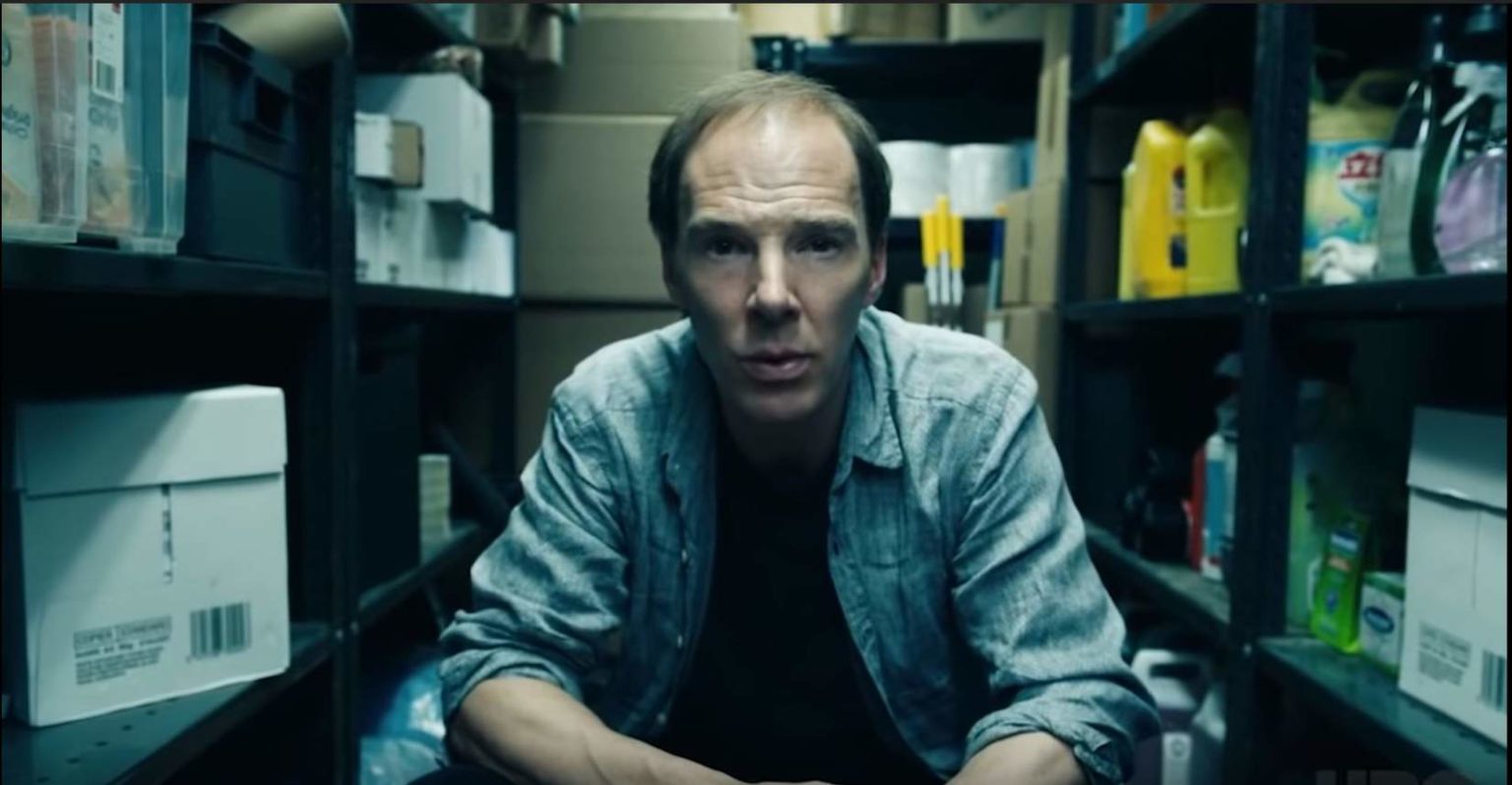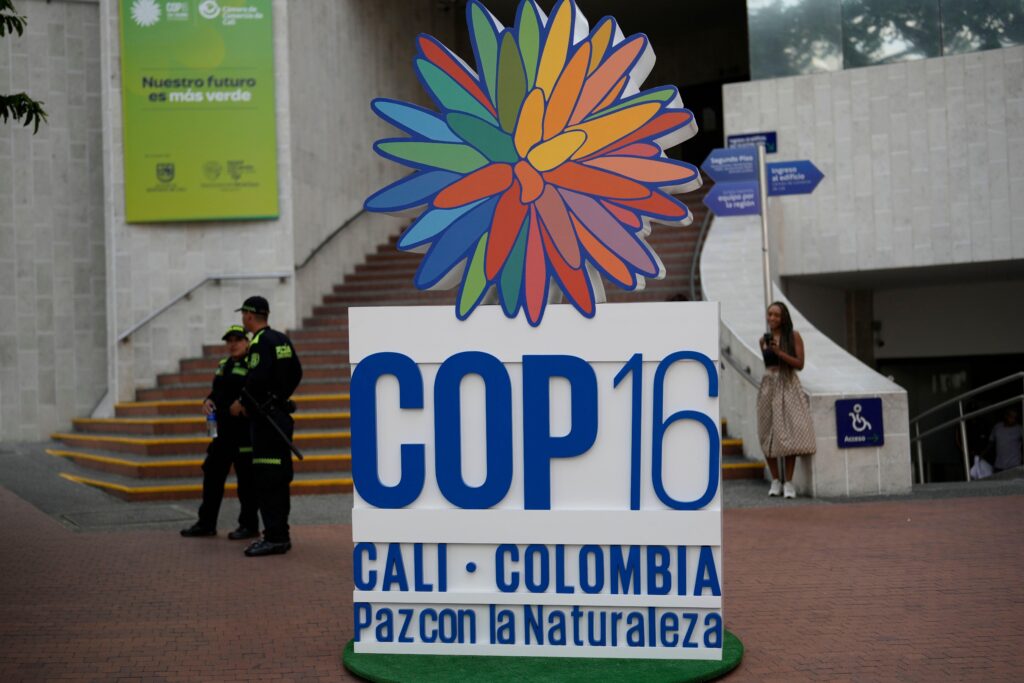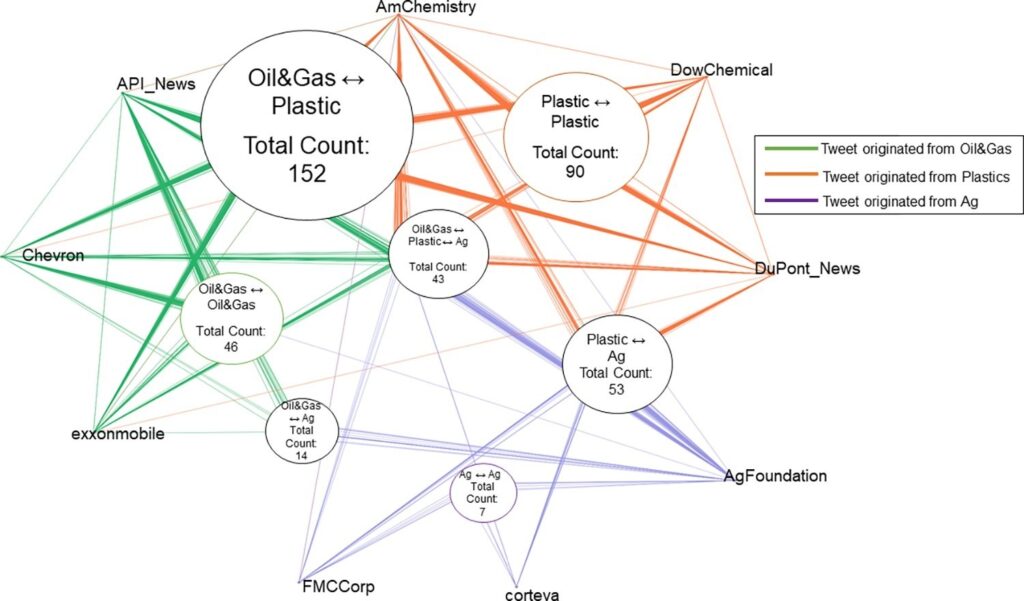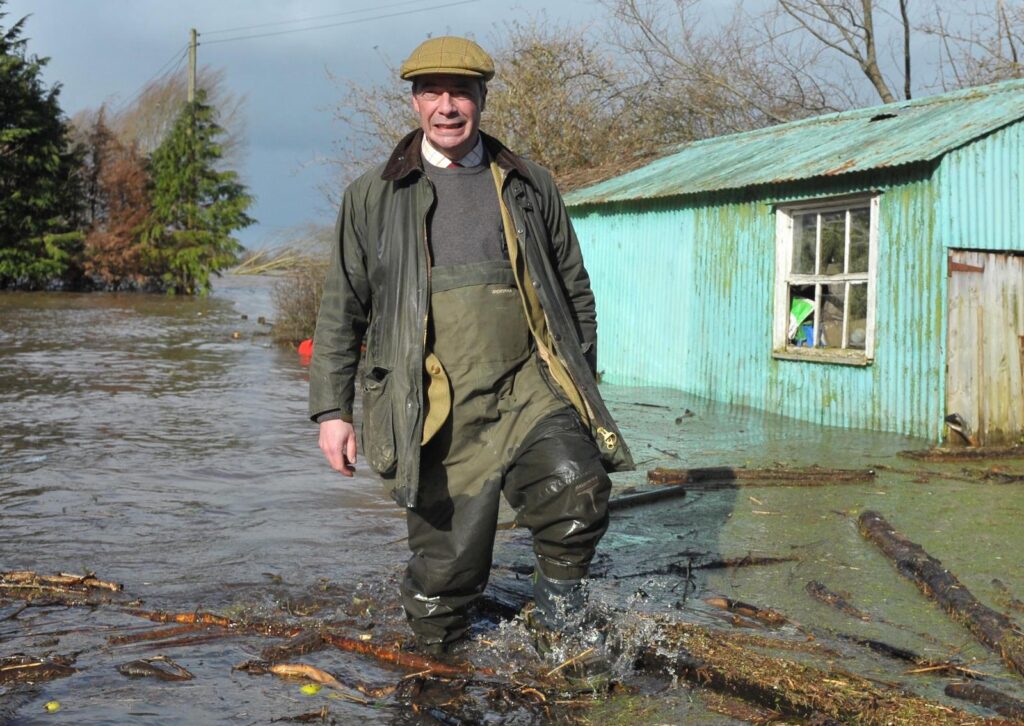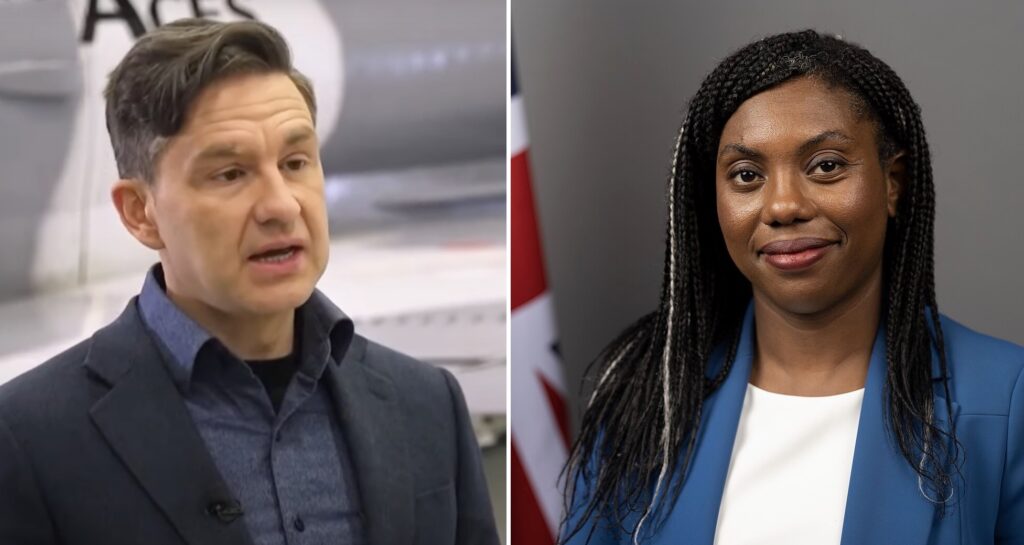How was the Brexit referendum won?
That’s the question at the core of Brexit: The Uncivil War, written by James Graham and aired for the first time on Monday, which presents a two-hour account of events leading to the Leave campaign’s victory on the 23 June 2016.
The overwhelmingly male cast plays the string of ministers, political activists, businessmen and strategists involved in whipping up support for the Leave side. In the foreground of the story is Vote Leave campaign director Dominic Cummings, played by Benedict Cumberbatch as the mastermind behind the campaign’s catchy slogan and the cunning strategist who understood the power of data in political campaigning.
Graham said he came up with the idea for the film a week before the referendum took place, on the day Labour MP Jo Cox was murdered. Even before being aired, the film has attracted controversy with both Leave and Remain campaigners fearing the film will be too one-sided.
With a multitude of investigations and inquiries ongoing, the film’s release so soon after the event means it is not able to reveal the full extent of political manoeuvres and strategies in the months running up to the referendum. Rather, it is being presented as a biopic shedding light on the important role played by Cummings, a figure still little known of the wider public.
To fill some of the gaps, here is an outline of some of the Brexit characters you really need to know about.
The Cabinet Ministers
Probably the most famous of the Vote Leave supporters, Boris Johnson only features fleetingly in the Brexit dramatisation. But to this day he remains an extremely loud voice on Brexit, arguing against Theresa May’s deal and for a harder Brexit.
To bolster his arguments, Johnson draws on his contacts within a network of organisations and individuals lobbying for a hard or no-deal Brexit based out of offices in and around 55 Tufton Street.
In September 2017, Johnson launched a new thinktank to push “the moral case for open commerce”, the Institute for Free Trade (now known as the Initiative for Free Trade or IFT). He has also taken donations from Conservative Party mega-donor Michael Hintze, who funds the climate science denial campaign group the Global Warming Policy Foundation (GWPF), which is based at 55 Tufton Street.
Another high profile Leave campaigner in the cabinet, Michael Gove, has most recently found himself in the unlikely position of being a cheerleader for a more moderate Brexit — how things change.
Now the environment secretary, Gove was one of the figureheads of Vote Leave, acting as a co-convenor of the group alongside Johnson. As a minister, Gove has frequently met with individuals and groups involved in the 55 Tufton Street network, such as the Legatum Institute, Shanker Singham, and Sir James Dyson of the Economists for Free Trade.
Gove is also an advisory committee member of the The New Culture Forum thinktank, based out of 55 Tufton Street, which works to change cultural debates they believe are dominated by “the left”. Cummings is also a former special advisor to Michael Gove.
Read more about the people and organisations pushing for environmental deregulation and a hard Brexit in our Disinformation Database.
The Official Campaign Group
The central character in the Brexit dramatisation is Dominic Cummings, Vote Leave’s campaign director and the man who made it his mission to reshape British politics and make Brexit a reality. Cummings has repeatedly refused to appear in front of the Digital, Culture, Media and Sport (DCMS) committee to answer claims that Vote Leave broke electoral law.
Played by Benedict Cumberbatch, Cummings is portrayed as the brains behind Vote Leave’s powerful campaign motto “take back control” and the segue into the murky world of data collection and analytics as a political strategy.
Data played a key role in Cummings’ vision to win the Brexit referendum. The campaign strategist employed a team of people to harness the potential of social media to reach people disinterested and disillusioned with politics through targeted ads.
The Vote Leave campaign used the services of small Canadian-based data analysis company known as Aggregate IQ (AIQ), which according to The Observer accounted for 40 per cent of the campaign’s budget. Zack Massingham, one of AIQ’s founders, is also featured in the film.
Following the referendum vote, AIQ’s website held a quote from Cummings, stating: “We couldn’t have done it without them”.
The Information Commissioner’s Office (ICO) found that there “clearly a close working relationship” between AIQ and SCL Elections (SCLE), the parent company of another Canadian data analytics firm Cambridge Analytica (CA)” in a recent report.
Cambridge Analytica was forced to shut down after allegations of illegal use of Facebook data and manipulation of foreign elections. The ICO report stated that there was “no evidence of unlawful activities in relation to the personal data of UK citizens and AIQ’s work with SCLE”.
In July, the Vote Leave campaign was fined £61,000 and reported to the police by the Electoral Commission, which accused it of refusing to collaborate in its investigation into allegations the campaign breached electoral spending rules.
The Electoral Commission found that Vote Leave had exceeded its £7 million spending limit by funnelling £675,315 to the pro-Brexit youth group BeLeave. Vote Leave has repeatedly said the Electoral Commission’s findings were “wholly inaccurate” and politically motivated.
According to previews of the Brexit show, BeLeave only gets a cameo appearance. Former BeLeave employee turned Brexit whistleblower Shahmir Sanni has claimed that nine think tanks and campaign groups held regular meetings at 55 Tufton Street to “agree on a single set of right-wing talking points” and “securing more exposure to the public”.
The Taxpayers’ Alliance admitted to illegally sacking Sanni for raising the alarm over Vote Leave’s electoral spending. Taxpayers’ Alliance CEO John O’Connell said that concessions on points of employment law did not mean the organisation “conceded on the entirety of their original submission”.
A senior operative at Vote Leave, Stephen Parkinson, came under fire after Vote Leave was accused of breaching electoral spending rules by funnelling money through BeLeave. Parkinson denied any involvement in the matter.
Parkinson was also accused of maliciously outing BeLeave whistleblower Sanni as gay after he revealed in a statement that he had only advised Sanni in the context of a romantic relationship. Sanni claimed the statement forced him to reveal his sexuality to his family and could put some relatives in Pakistan in potential danger.
Despite pressure on Parkinson to resign from his new role in number 10, May defended her political secretary and insisted he “does a very good job”.
In the dramatisation, Cummings is supported by Matthew Elliott, the CEO of Vote Leave. A right-wing political campaigner defending a low-tax and low-regulation society, Elliott is also the founder of the TaxPayers’ Alliance and the pro-Brexit organisation, Business for Britain, from which the Vote Leave campaign emerged.
Elliott is also the editor-at-large of the Brexit Central website and was a senior fellow at the Legatum Institute. Elliott also founded the civil liberties and privacy pressure group Big Brother Watch and the Politics and Economics Research Trust (PERT), a charity focused on issues of public taxation.
These organisations all have, or have had, offices at 55 Tufton Street. The address was also initially home to Vote Leave before its headquarters moved to the Millbank Tower and is still the home to the leading UK climate sceptic group the Global Warming Policy Foundation (GWPF).
Elliott has previously been credited with trying to replicate the US Libertarian Tea Party movement in Britain and has worked for firms specialising in political strategy through data analytics.
An investigation by DeSmog UK revealed that Elliott and his American wife Sarah Elliott, who worked for the US fossil fuel magnates the Koch brothers, are at the heart of a network of opaquely-funded right-wing organisations linking major US libertarian lobbyists and funders to free-market organisations in the UK pushing for deregulation and a lowering of environmental protection.
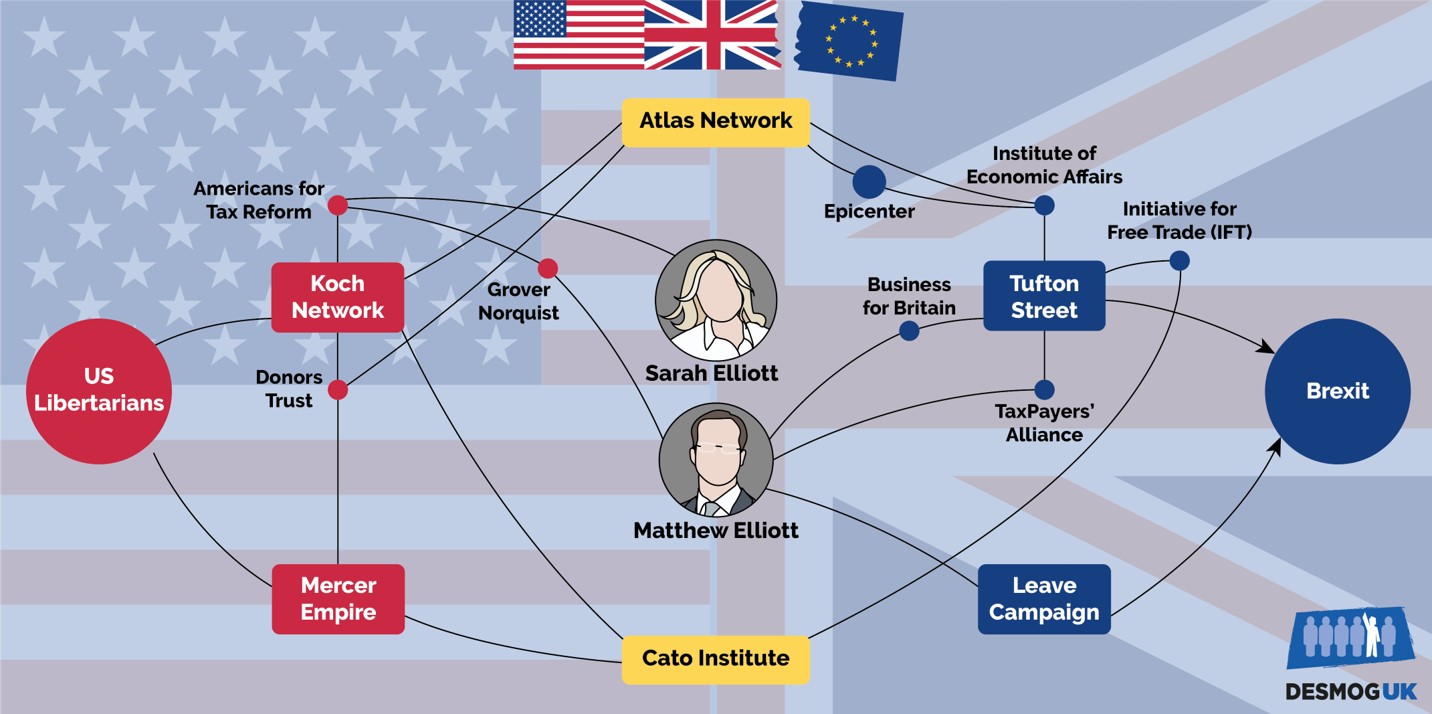
The investigation shows how both Matthew and Sarah Elliott link the Koch brothers, who are known for funding climate science denial worldwide, and Robert Mercer, the billionaire who bankrolled Donald Trump’s campaign, to organisations working in and around 55 Tufton Street.
Matthew and Sarah Elliott told DeSmog UK that they disagreed with the characterisation of them as central figures in this network.
The Unofficial Cheerleaders
Arron Banks, Nigel Farage, and other members of unofficial Brexit-supporting campaign groups only make fleeting appearances in the dramatisation. But in real life, revelations about their involvement keep coming.
Businessman Arron Banks was the main funder of Leave.EU, the alternative pro-Brexit campaign group to Vote Leave.
In November 2018, the Guardian reported that the National Crime Agency would investigate multiple allegations of criminal offense by Banks and his unofficial campaign. A statement by the Electoral Commission noted that there were grounds to suspect Banks was “not the true source” of £8 million in funding to the Leave.EU campaign.
Documents obtained by The Sunday Times also revealed Banks held multiple meetings with Russian officials and flew out to Moscow in February 2016 to meet key financiers and partners behind a gold mine project.
Farage, who was vice chairman of the Leave Means Leave campaign, which is based out of 55 Tufton Street, has mainly gone on to be a media personality since the referendum, lightly wearing a cloud of controversy that hangs over his involvement in the campaign.
US special counsel Robert Mueller, who is investigating Russia’s involvement in Donald Trump’s presidential election campaign, has named both Banks and Farage as persons of interest. Farage also denies allegations of manipulating currency markets by making televised statements contradicting private early indications of a Leave victory on the night of the referendum.
The End Game
If the individuals and groups behind the characters presented to the wider world in the Brexit dramatisation have their way, there could be significant consequences for the environment.
The Brexit negotiations have created a policy vacuum at the very top of the UK government, leaving space for think tanks and other policy organisations on both sides of the debate to push their ideology and visions for a post-Brexit UK.
As a result, powerful private lobbies have strived to fill that vacuum and advocated to slash regulation and environmental protection post-Brexit in order to strike trade deals. In its alternative “Plan A+” Brexit plan, Shanker Singham — Matthew Elliott’s former colleague at the Legatum Institute — wrote that if the UK continued to strengthen its regulatory environment after Brexit, it would lead to “wealth destruction” and “push people into poverty”.
The plan singles out environmental protection rules as one of the areas where EU regulation is “moving in an anti-competitive direction”. It argues that while environmental regulations are “sometimes valid attempts to deal with real environmental problems”, “frequently they are disguised methods of protectionism”. These are regulations that a hard or no-deal Brexit could remove.
MPs from the House of Commons’ Environmental Audit Committee have also warned that the UK could be left with gaping holes in environmental laws, allowing polluters to go unpunished and depriving wildlife of vital protection after Brexit.
Environment secretary Gove has repeatedly vowed to safeguard high food and environmental standards post-Brexit. But ongoing uncertainty over the UK’s final negotiating position continues to leave the door open for lobbying efforts from those pushing deregulation.
For some, this is the Brexit end-game.
“Brexit: The Uncivil War” is being aired on Monday 7th January at 9pm on Channel 4.
Image credit: “Brexit: The Uncivil War”, Channel 4, trailer.
Subscribe to our newsletter
Stay up to date with DeSmog news and alerts


